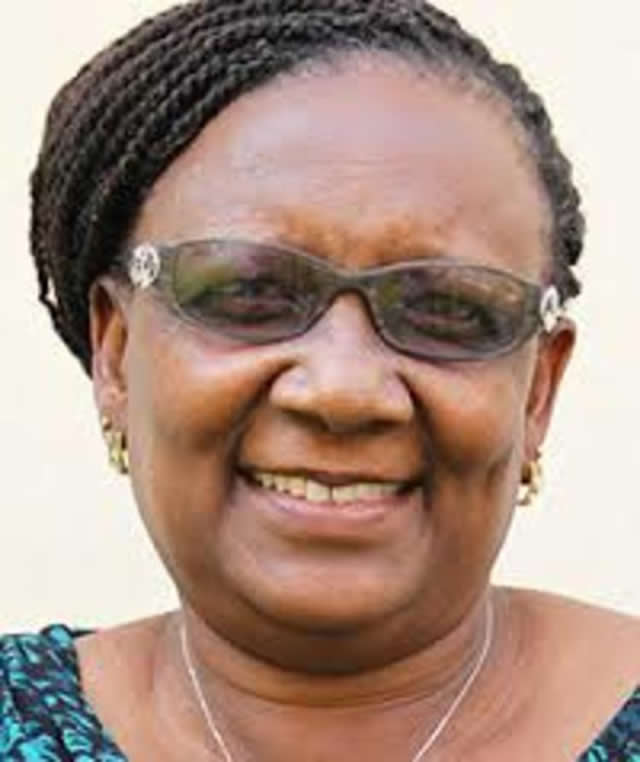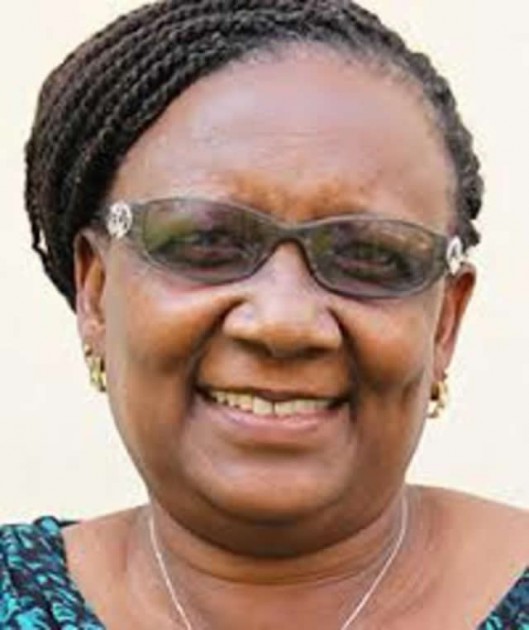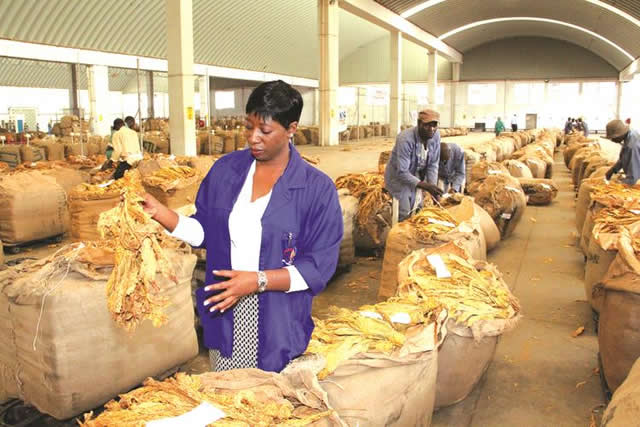Govt urged to undertake biometric payroll

Tinashe Makichi : Business Reporter
Stakeholders in the labour industry have implored Government to undertake a biometric payroll registration of the civil service to weed out alleged ghost workers. Government has been making efforts since last year to reduce its wage bill and open up fiscal space for developmental projects but there have been challenges.
Growth in the public wage bill has been outstripping the growth in real gross domestic product .
In 2014, growth in the public wage bill was 16,5 percent compared to the real GDP growth rate of 3,1 percent for the same year.
While making a presentation at a validation workshop on wages yesterday, African Corporate Advisors managing director Mike Nyamazana said adoption of a biometric payroll is key if the reduction of Government’s wage is to be a reality.
The workshop was organised by National Economic Consultative Forum and USAID Strategic Economic Research Agency to address issues to do with the wage structure and labour costs in Zimbabwe.
“The public sector wage bill is now compromising fiscal and debt sustainability, and jeopardising growth by generating excessive deficits and crowding out growth enhancing public investments.
“There is an urgent need to stimulate economic growth and similarly reduce the wage bill.
“In the short to medium-term Government should implement a wage policy that is fiscally sustainable. Biometric payroll will help weed out ghost workers,” said Mr Nyamazana.
This Biometric System has been implemented in a number of African countries such as Ghana, Nigeria and Kenya as part of their payroll audits where payroll data will be used to effect salary payments.
Through the use of biometrics, public service employees and pensioners can be accurately identified and remove ghost workers from the payroll.
Mr Nyamazana said Government should be downsized to make it leaner and efficient and this is justified in terms of the size of the economy as well as the relatively low population size.
Countries such as Sierra Leone and Uganda have taken the bold action of closing about a third of their Government Ministries.
In Kazakhstan in 1997, a Presidential decree reduced the number of Ministries to 14 from 21 and the number of Government bodies to 24 from 47.
He said corruption has been a challenge and it is noteworthy that a number of senior public officials have access to hidden allowances and kind benefits on top of their regular pay drawn from other budget line items.
In a speech read on her behalf by the Permanent Secretary the Minister of Public Service, Labour and Social Welfare, Ngoni Masoka, Minister Prisca Mupfumira applauded NECF and USAID SERA for commissioning the wages study at an opportune time when there are growing calls to reform the wage setting system in Zimbabwe.
She intimated that as policy makers, their interest lies in the analysis of wage determination systems in both the public and private sectors and its impact on the economy.
The workshop however recommended that the best and most sustainable way of reducing unit labour costs by firms and Government should be raising productivity.
The stakeholders suggested that productivity growth should drive wage growth, which should in turn fuel demand growth and transition the economy towards higher employment.
It was also agreed that Government should pass a Statutory Instrument limiting parastatal and municipal wages and resuscitation of the National Productivity Institute as a basis of coming up with national and sectoral scientific benchmarks to guide productivity bargaining.










Comments